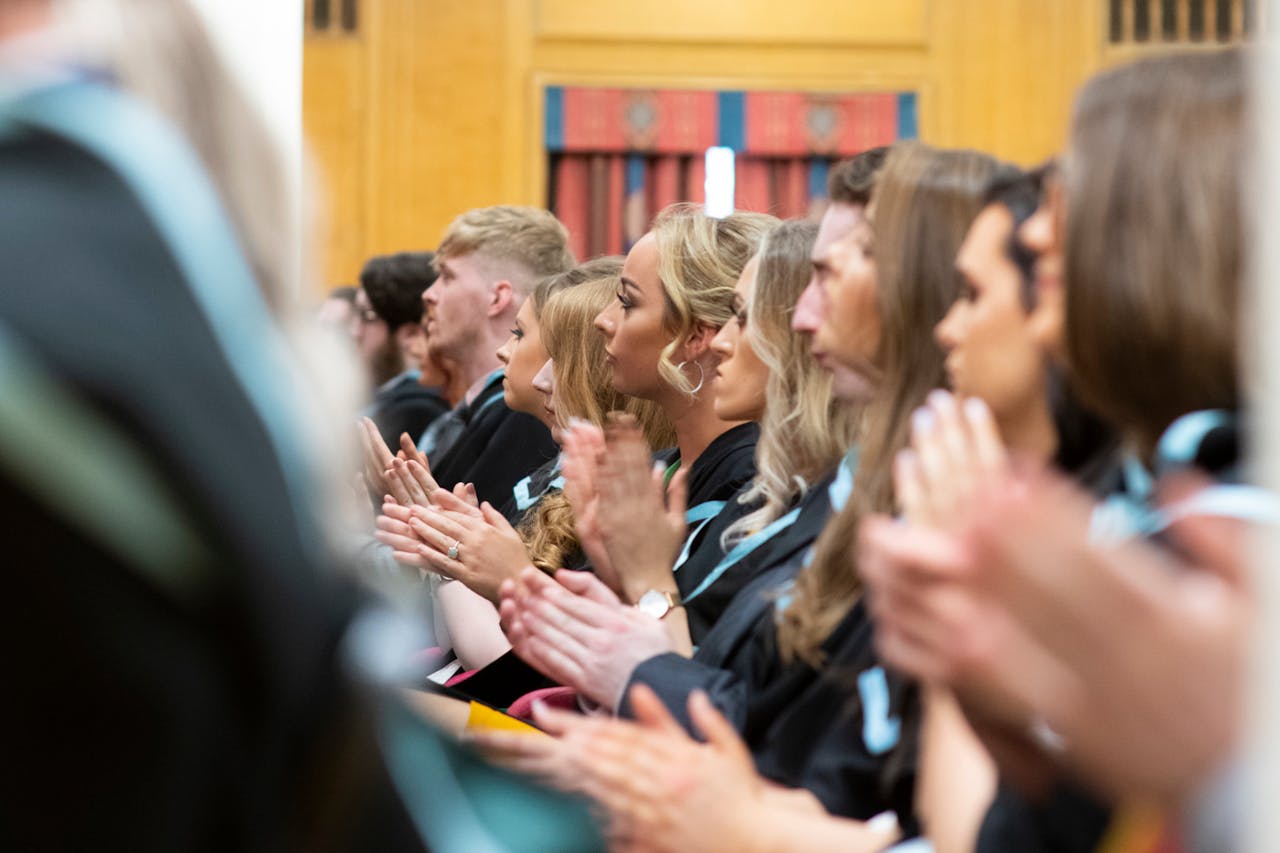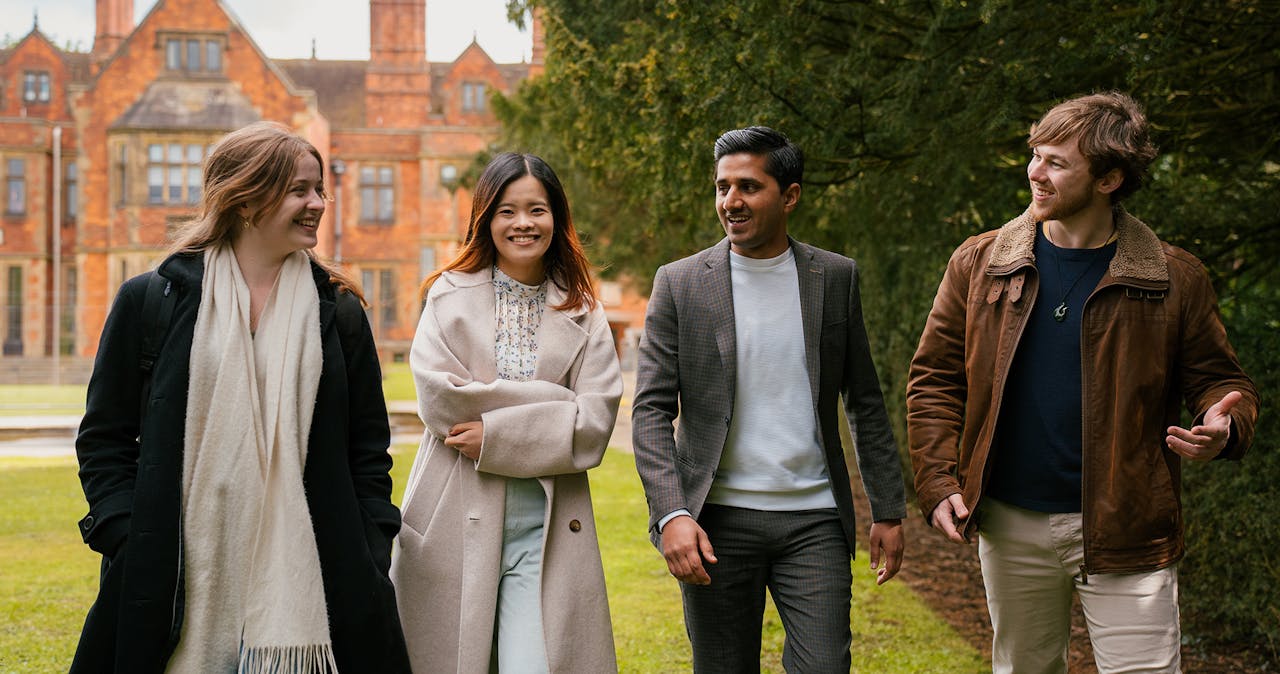3. Final Thoughts and Tips on Mock Interviews
Cambridge is not looking for fully formed lawyers or applicants with deep legal knowledge. Instead, we seek students who:
- Show a strong interest in law and are motivated to study it.
- Engage in discussions and demonstrate intellectual flexibility.
- Can think critically and react to new ideas without needing a rehearsed response.
The aim of the interview is to get to know each candidate as an individual. Interview questions are often open-ended, designed to uncover the student’s thought process and reasoning style. Instead of rehearsing answers, students should focus on responding naturally to new scenarios, thinking through the problem, and explaining their approach. This kind of genuine engagement reflects the Cambridge learning environment.
A Note on Mock Interviews
While some schools run mock interviews or employ external providers to prepare students, we recommend caution: these services are often not updated with Cambridge’s specific requirements, and providers may not have recent training in university admissions. Instead, Cambridge offers a variety of free resources online, all of which are designed to provide accurate and reliable guidance. For further support, contact our outreach team at outreach@law.cam.ac.uk.



